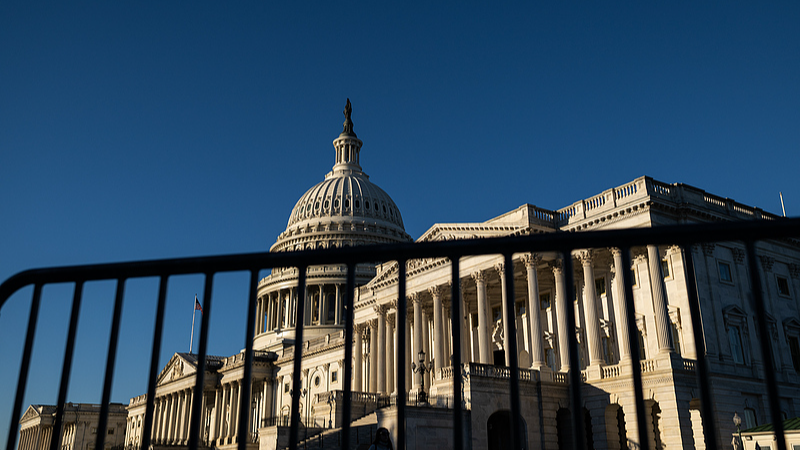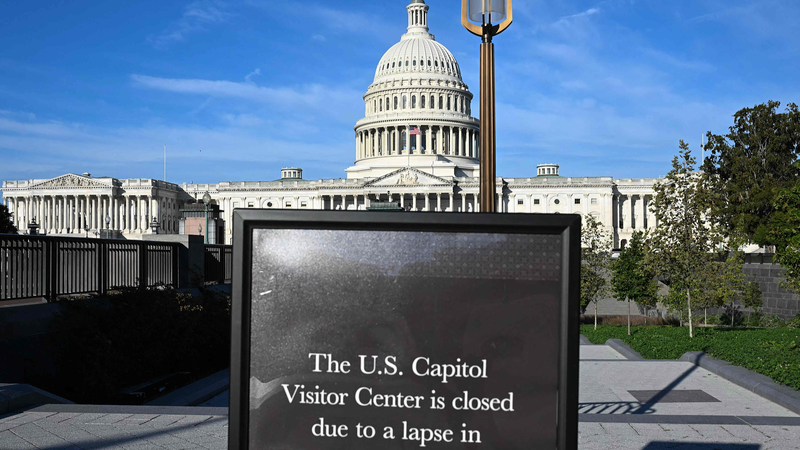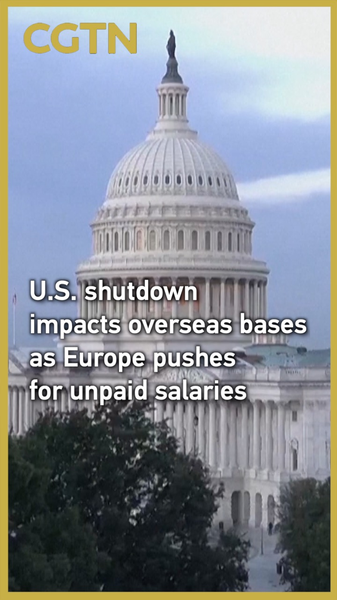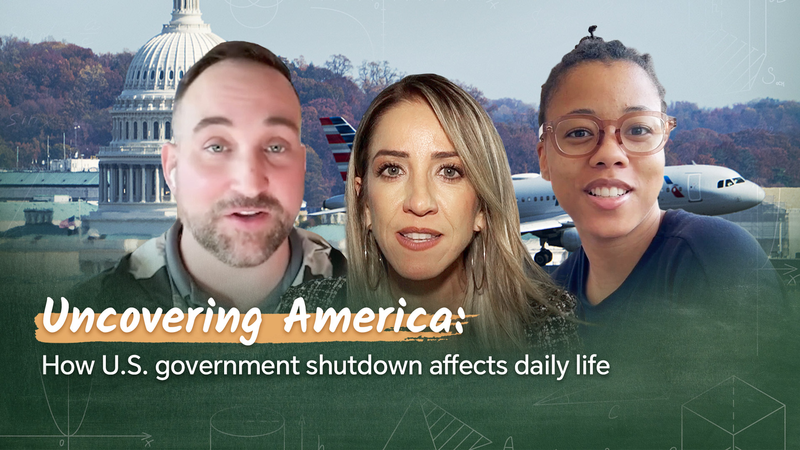The US federal government shutdown has now stretched into its third week, triggering cascading effects on workers, economic stability, and public services. With no resolution in sight, analysts warn the prolonged political stalemate could deepen financial vulnerabilities for both individuals and institutions.
Debt Milestone Reached Amid Crisis
New data from the US Department of the Treasury reveals the federal debt surpassed $38 trillion for the first time on October 21, underscoring fiscal pressures exacerbated by the shutdown. This milestone arrives as approximately 60,000 unpaid aviation safety workers – including air traffic controllers and inspectors – face mounting personal debt, according to Reuters.
Aviation Workers Bear the Brunt
Unpaid essential staff are increasingly relying on gig economy platforms like Uber and food delivery services to cover living expenses. Unions and airport authorities have initiated emergency food donation drives, echoing measures taken during the 2019 shutdown when worker absenteeism caused widespread flight delays.
Ripple Effects Across Sectors
Economists note parallels to previous shutdowns that disrupted travel, supply chains, and consumer confidence. With critical safety personnel working without pay, concerns about air travel reliability are growing. Lawmakers face intensifying pressure to resolve the impasse as public frustration mounts.
Reference(s):
US government shutdown enters third week, impacting millions
cgtn.com








